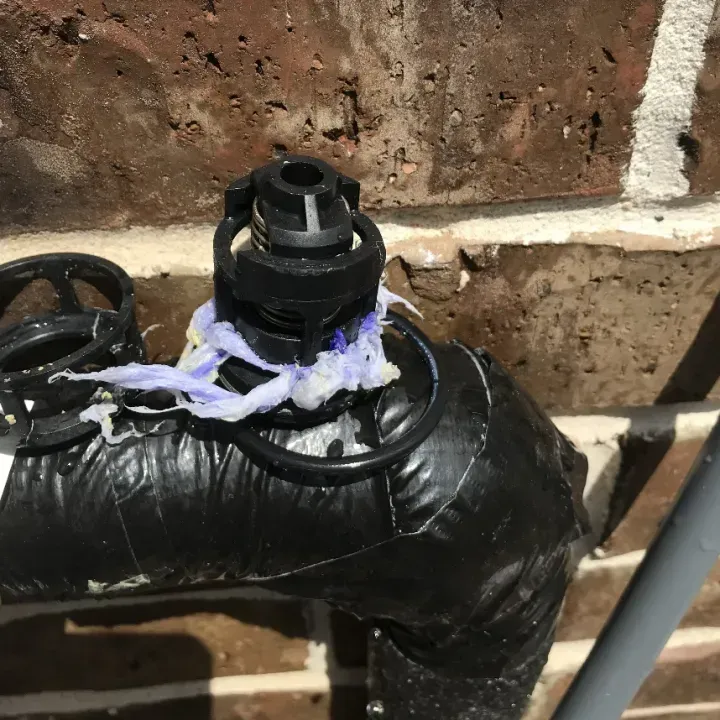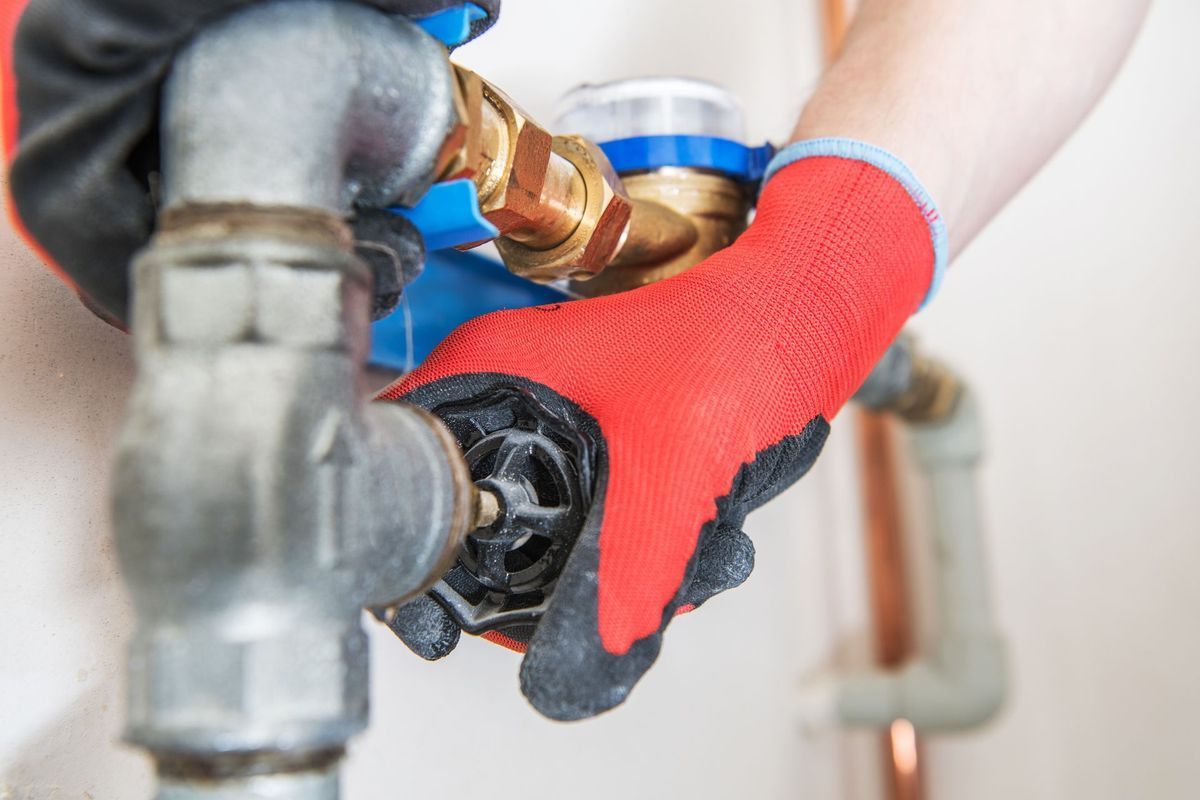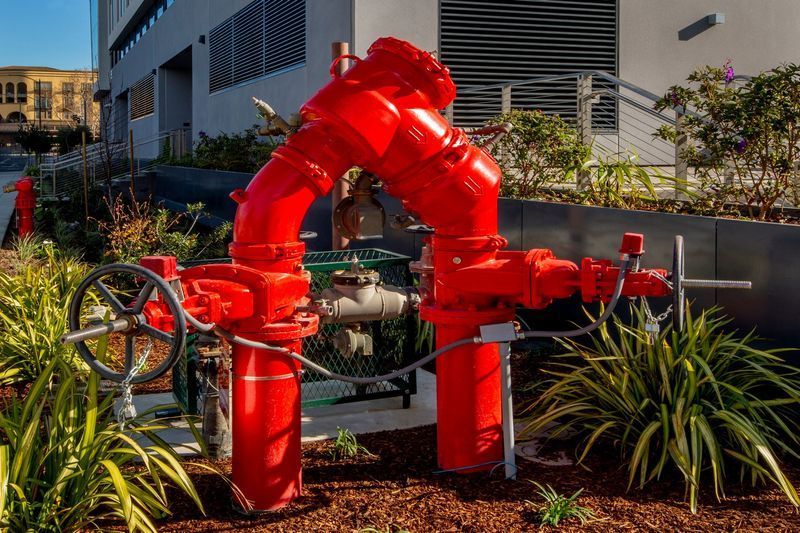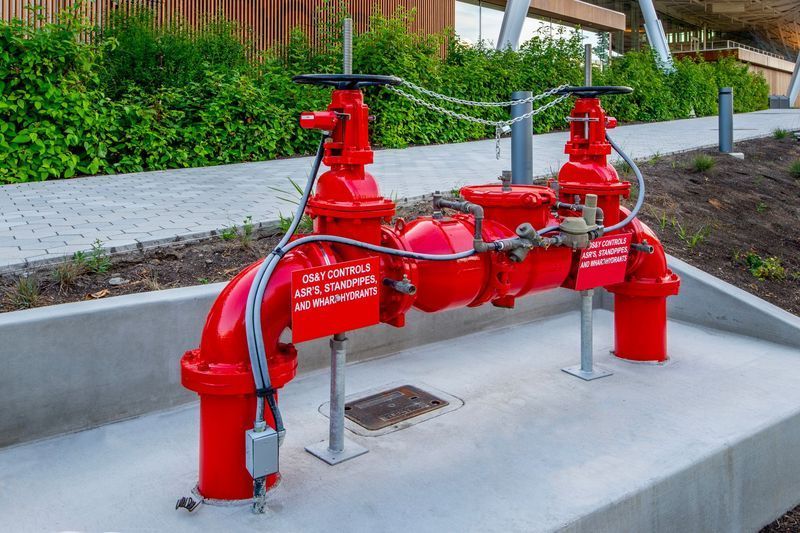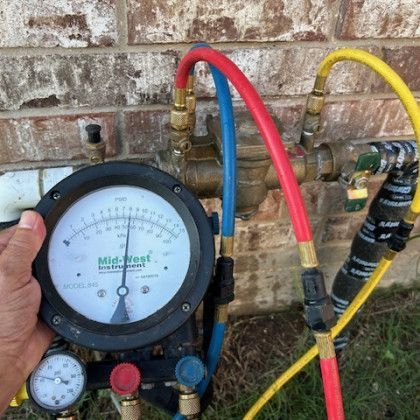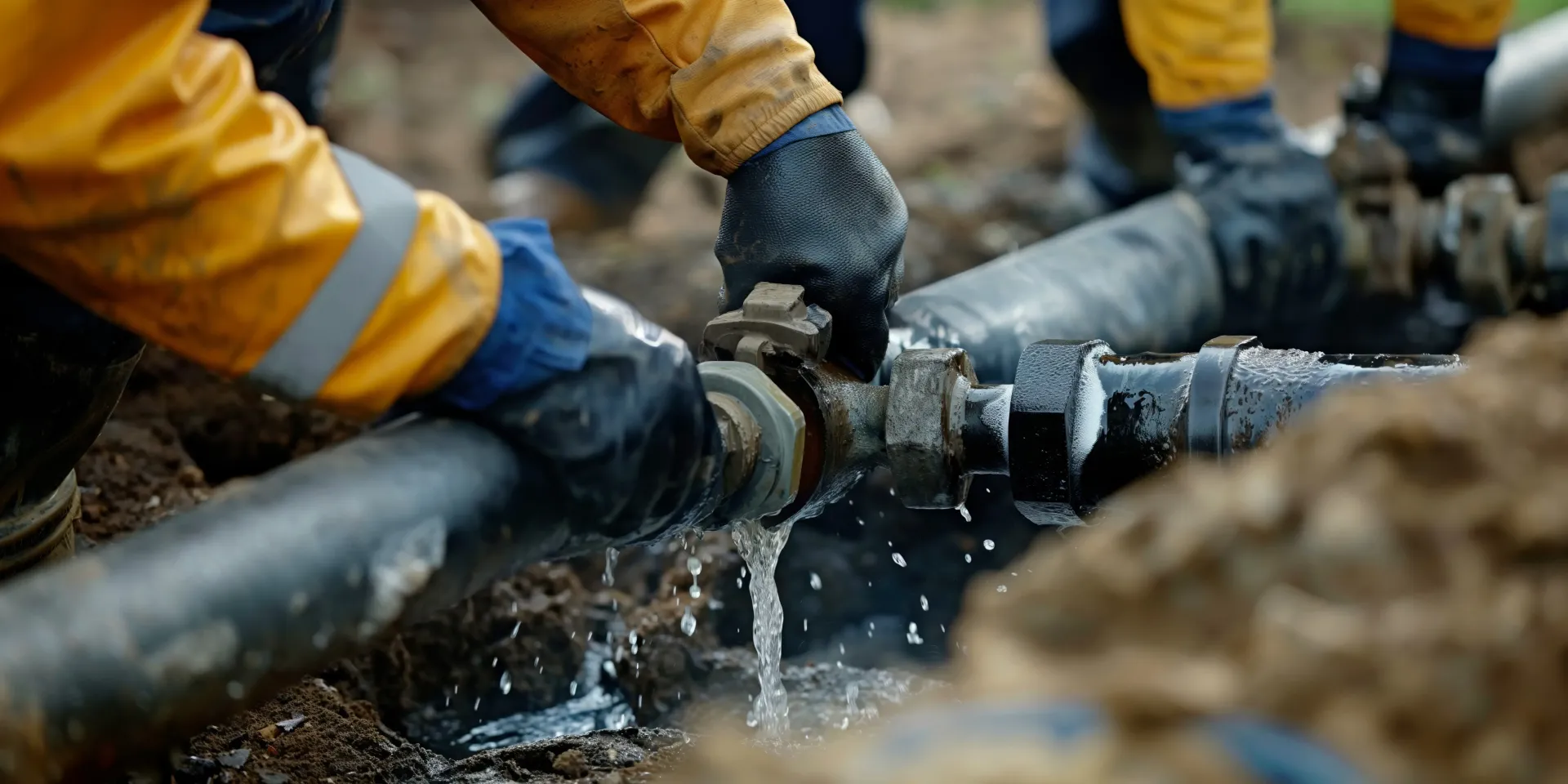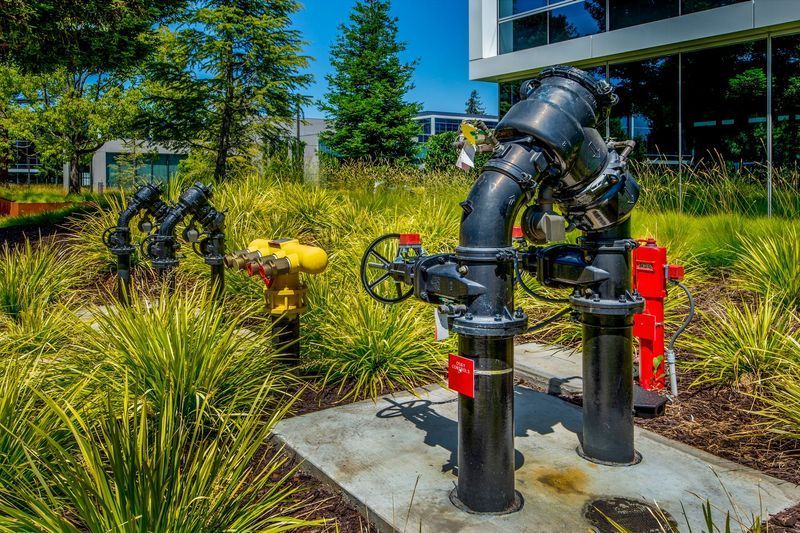What Causes Backflow Preventers to Fail in Waco, TX?
Backflow preventers are one of the most important safeguards in your plumbing system, yet many property owners in Waco don’t think about them until a problem arises. These devices stop contaminated or non-potable water from reversing direction and entering your clean water supply. Without a functioning backflow preventer, irrigation water, chemicals, pesticides, or even sewage could mix with the water you and your family drink.
Unfortunately, backflow preventers don’t last forever. Just like any mechanical device, they experience stress, wear, and environmental damage over time. When they fail, the consequences can range from costly plumbing issues to dangerous water contamination. That’s why knowing what causes these devices to fail—and taking preventive action—is essential.
At
Central Texas Backflow, we provide testing, inspections, and
backflow preventer repairs across Central Texas, including Waco. In this article, we’ll cover the main causes of backflow preventer failure, what to watch for, and why timely backflow repairs in Waco, TX keep your home or business safe.
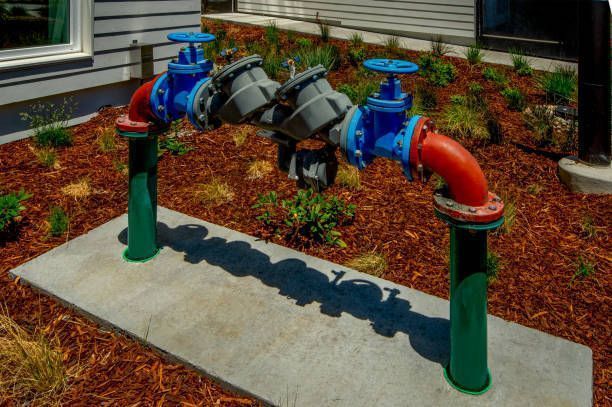
Wear and Tear from Regular Use
Like any piece of equipment, backflow preventers are not designed to last indefinitely. Their internal mechanisms—springs, seals, and check valves—are under constant pressure to ensure water flows in the right direction. With daily use, these parts naturally degrade.
In commercial properties in Waco, where water demand is high for irrigation, manufacturing, or food services, the strain is even greater. Even in residential neighborhoods, the constant cycling of sprinklers and water systems puts stress on preventers. Once a spring weakens or a seal loses its tight fit, the device may no longer protect your water supply effectively.
Routine inspections allow technicians to identify small issues before they escalate into complete failure. A simple
backflow preventer repair—like replacing a worn seal—can extend the life of the device and prevent contamination risks.
Mineral Buildup and Debris Blockages
Waco’s water supply contains minerals such as calcium and magnesium, which contribute to “hard water.” Over time, these minerals accumulate inside plumbing fixtures and appliances—and your backflow preventer is no exception.
When scale and sediment build up inside the device, they interfere with the movement of valves and springs. In some cases, the buildup prevents the device from closing tightly, creating gaps where contaminated water can slip through.
Debris is another culprit. Outdoor systems like irrigation lines often carry dirt, sand, or organic material that can lodge inside the preventer. Rust flakes from aging pipes can also cause obstructions. Both conditions reduce the device’s efficiency and increase the likelihood of failure.
Professional cleaning during annual maintenance appointments helps prevent these issues. If caught early, technicians can perform targeted
backflow repairs in Waco, TX rather than replacing the entire device.
Fluctuating Water Pressure
Water pressure plays a critical role in backflow preventer performance. These devices are designed to hold steady against normal ranges, but sudden spikes or drops can wreak havoc.
High pressure puts extra stress on springs and seals, which may cause them to crack or lose their elasticity. Low pressure, on the other hand, prevents the device from operating correctly, allowing backflow to occur. In Waco, fluctuating pressure in municipal water systems or irrigation setups is a fairly common occurrence.
Pressure problems often show up as leaking valves, noisy operation, or reduced water flow in your home. Ignoring these symptoms could result in a total breakdown of the preventer. Having a professional regularly test water pressure and perform necessary
backflow preventer repairs in Waco ensures your system stays within safe operating conditions.
Improper Installation or Poor Maintenance
Even the best device can fail if it wasn’t installed correctly. A backflow preventer placed at the wrong height, positioned in a flood-prone area, or installed without proper clearance is more likely to malfunction. Improper installation can also make routine maintenance difficult, which increases the risk of overlooked problems.
Just as damaging is poor or nonexistent maintenance. Waco requires annual backflow testing for compliance, but some property owners either forget or avoid scheduling the inspection. Skipping tests and cleanings allows small issues like mineral buildup or loose seals to grow into significant failures.
By scheduling consistent maintenance with a company experienced in
backflow repairs in Waco, TX, you’ll avoid the costly consequences of neglect.
Extreme Weather and Environmental Conditions
Texas weather is notorious for being unpredictable. From freezing winters to scorching summers, environmental stress takes a toll on plumbing systems. For backflow preventers, outdoor exposure is especially problematic.
Freezing temperatures can cause water trapped inside the device to expand, cracking the housing or damaging internal parts. Heat and direct sunlight dry out rubber seals, making them brittle and less effective. Heavy rains or flooding introduce additional contaminants that clog or corrode the device.
Protective measures like insulation jackets, enclosures, and routine inspections go a long way toward preventing weather-related failures. If damage does occur, quick
backflow preventer repairs will restore protection before your water supply is compromised.
Why Timely Backflow Repairs Are Essential in Waco, TX
Backflow preventer failure isn’t just inconvenient—it’s a potential health hazard. Contaminated water can expose your household or business to harmful bacteria, chemicals, or waste. Beyond health risks, neglecting your backflow device can also result in code violations, fines, or even legal liability if contamination spreads.
Here’s why timely
backflow repairs in Waco, TX matter:
- Compliance with city regulations: Waco requires annual testing. Professional repairs keep you compliant and avoid penalties.
- Protection of health and safety: Clean water is non-negotiable. Repairs ensure contaminants don’t infiltrate your supply.
- Cost savings over time: Addressing small issues promptly prevents major breakdowns that require expensive replacements.
- Increased system lifespan: Just like with cars or appliances, regular care ensures your device lasts longer.
- Peace of mind: Knowing your system has been inspected, repaired, and certified allows you to focus on your daily life or business operations without worry.
Contact Central Texas Backflow to Repair Backflow Preventers in Waco, TX
Backflow preventer problems should never be ignored. If you’ve noticed leaks, pressure issues, or haven’t had your device tested in the past year, it’s time to act. At
Central Texas Backflow, we specialize in
inspections,
testing, and
backflow preventer repairs tailored to the unique conditions of Waco and the surrounding areas.
Call us today at
(979) 530-5300 to schedule service. Protect your water, stay compliant, and trust our team to keep your system running smoothly.
FAQs
How often should a backflow preventer be tested in Waco, TX?
Waco requires annual testing to comply with city codes. Regular testing ensures your device is working correctly and protects your water supply.
What are common signs that my backflow preventer is failing?
Leaking, reduced water pressure, corrosion, or water that smells or tastes unusual are all signs that professional inspection is needed.
Can I perform my own backflow preventer repairs?
DIY repairs are not recommended. Because backflow preventers are regulated devices, only licensed professionals should handle repairs and testing.
How long does a backflow preventer last?
Most devices last 10–15 years with proper maintenance. However, Waco’s mineral-rich water and Texas weather can shorten that lifespan without regular care.
What happens if I don’t repair or replace a failing backflow preventer?
Ignoring a failing device can allow contaminants into your drinking water, result in costly emergency replacements, and even lead to fines from city officials.
